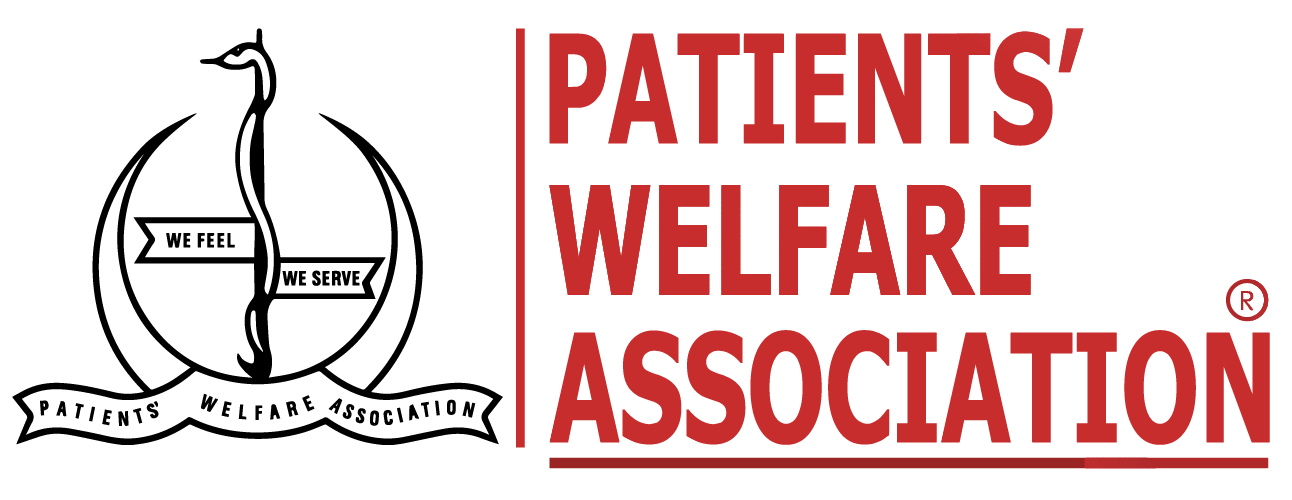With over 100,000 active patients and 5000 affected babies being born every year, thalassemia remains a common genetically inherited blood disorder in Pakistan.
The diagnosis of thalassemia is pretty simple. A Complete Blood Count (CBC), measuring the concentration of haemoglobin, size and number of Red Blood Cells is performed as an initial test, followed by Haemoglobin electrophoresis to confirm the diagnosis of this disorder. Unfortunately, the management process, including regular blood transfusions, iron chelation therapy, and consistent consultations with a haematologist, is expensive and most children do not receive the care they require.
What is premarital thalassemia screening?
Premarital thalassemia screening refers to the process of determining the presence of thalassemia carrier genes in both partners before they get married.
If both spouses are carriers, there is a considerable likelihood of the transfer of mutated genes to their offspring. Approximately, there is 25% chance of their offspring being thalassemia major, 50% chance of them being thalassemia minor (carriers of the disorder), and only 25% probability being normal.
The presence of a carrier gene in only one of the partners is considered safe as it produces progeny with a 50% chance of normal genes, and 50% of carrier genes. No thalassemia major child is born to such a couple.
Premarital screening reduces the rate of genetic disorders as prevalent as thalassemia.
The technique is seen to be 100% efficient in Cyprus where no child with thalassemia was born from 2002 to 2007 followed by a massive premarital screening


Why is premarital thalassemia screening important?
1. Helps identify asymptomatic carriers
Since it is a recessive gene disorder, thalassemia carriers are asymptomatic. In recessive gene disorders, both parents contain one mutated gene and the other normal one. One mutated gene coding for the disease is inherited by each parent.
This means that thalassemia carriers aren’t aware of the potential hazards that can happen if they mate with another carrier. Both carriers, asymptomatic, together have a considerably high probability of having children suffering from thalassemia.
2. Antenatal screening is sophisticated
Some parents choose to screen their genetics after a baby is conceived. Antenatal screening of thalassemia takes place within 19 weeks of pregnancy, through a blood test.
A positive result indicating that the mother is a thalassemia carrier is followed by paternal screening. In most cases when both parents are carriers, a further diagnostic test is suggested to confirm the presence of disease in the fetus.
1% of all diagnostic tests result in miscarriage. If the tests indicate that the fetus has thalassemia, an abortion is suggested.
Since the antenatal screening of thalassemia is sophisticated, and abortion is considered unethical by many, it is better to screen for thalassemia before marriage. It is much easier and more cost-effective compared to antenatal screening
3. Consanguineous marriages are common
Pakistan has one of the highest rates of cousin marriages in the world. With 49.6% of all women marrying their first cousins and 8.3% to their second cousins, the risk of birth defects in children is doubled.
Both parents share the same family history in consanguineous marriages, so the probability of recessive genes expressed in offspring increases. According to a 2004 study, 40.6% of beta-thalassemia cases are the outcome of cousin marriages.
In such circumstances, the need for premarital screening can not be stressed enough. The high prevalence of thalassemia in Pakistan can only be mitigated if potential spouses are screened for the disease, and provided genetic counseling if found to be carriers.
A mass awareness campaign and a subsequent screening premarital screening program can save Pakistan from such alarmingly high statistics of thalassemia patients.



